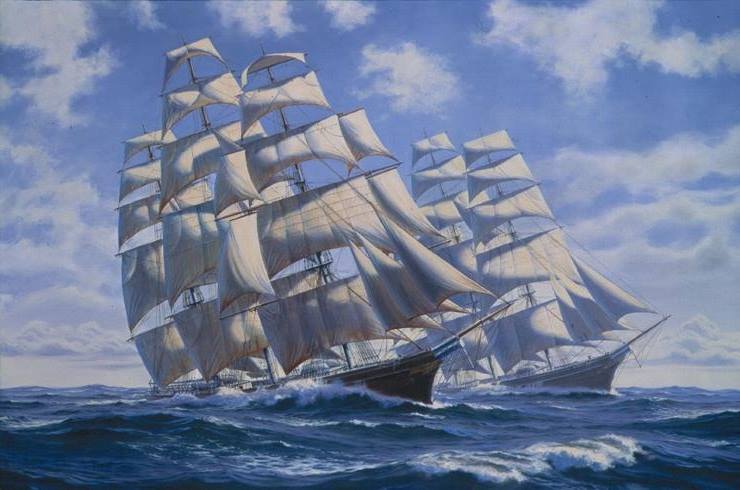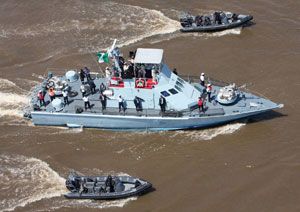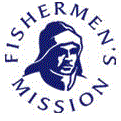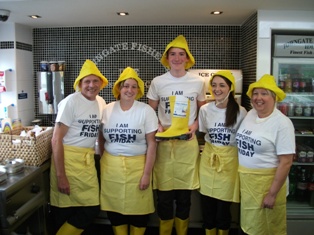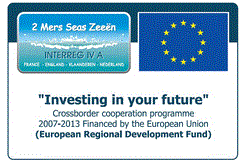In a recent report from the BBC’s Richard Westcott he was given the opportunity to try out a new safety device that could save lives in the future for those who have a helicopter crash at sea .
The new concept combines a life jacket with a very small aqualung – and the Civil Aviation Authority, which regulates safety, is rolling them out 15 months early as one of a number of new rules.
Before Richard tried out the new jacket he got to try out the current one in comparison which involved being strapped into a pretend helicopter, upside down in a swimming pool, being battered with rain, waves, wind and fake lightening- all in the dark.

The current system is called a hybrid re-breather, which is a life jacket with a rubber bag full of air that you continually re-breathe through a tube. This gives you a few precious extra minutes if the helicopter sinks or flips over – that’s the worst bit, when the aircraft spins over so you’re upside down.
Here’s a terrifying fact, about 60% of helicopters invert or sink either straight away or after a short delay once they hit water.
Emergency drill
“Don’t try to get out straight away,” the instructor Kieran Morrison told Richard. “Once the water goes over your head, count to seven. And stay strapped in until the last minute.”
So in effect, you have to sit quietly, strapped in, and count, while gallons of water rush over you and you flip over. Talk about fight your instincts.
But as Kieran explained, if you unstrapped too soon you’d float to the top of the helicopter, which is what used to be the floor, and that makes it incredibly hard to pull yourself down to your escape hatch, the window.

The survival suit makes you float, which is a good thing unless you’re still inside the aircraft. You also have to put a nose clip on one-handed, which is incredibly fiddly. The other hand stays, at all times, on the window release lever. Richard had quite a few goes and found he could breathe OK with the re-breather, but it’s not clean air, it feels a little strained. And the rubber bag you’re filling is just that. Rubber. It can potentially wear, or leak.
There’s also a metal pin you have to remember to push in as soon as you reach the surface. Otherwise you might get a stomach full of sea water. Richard thought the whole thing felt fine to use, but those fiddly little things, the nose clip, the pin, well, would you really remember them if it was a real crash?
Long-term plan
By contrast, the new system is like a mini-version of scuba gear.
It’s heavier, because of the small cylinder of compressed air, but it’s also less bulky. The nose clip is attached to the mouth piece and is far easier to put on, especially one-handed. Richard believes, that this makes a big difference. And once he was under the water, it was far more comfortable to breathe.
The unions have also given it their seal of approval. “It should deliver greater confidence with the workforce,” says Jake Malloy from the RMT. “But the long-term plan must be to keep the aircraft in the air… safer, more reliable aircraft. Newer aircraft, bigger windows, more space.”
Hopefully with these new developments it can help increase survival rates as these transfers of oil and gas workers over the North Sea have had a poor safety records over the past few years
For the full story click here

